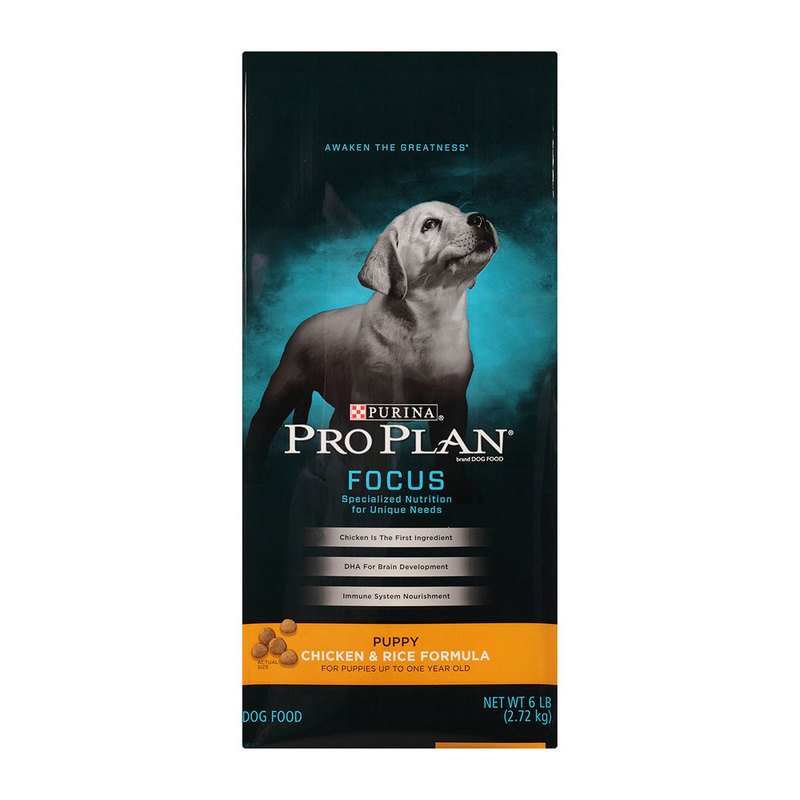
Choosing the best dog for you is an important decision. There are many kinds of dogs. The choice of the right dog will depend on many things. The size, personality, as well as grooming requirements of breeds can vary. Before making a final decision, it is important to consult with a licensed veterinarian. These are some breeds you should consider if your first dog owner is not yet licensed.
Golden Retrievers
It is important that you are patient with your Golden Retriever as they learn. They have a deep instinct to protect their owners and the family they love. They are gentle with children and will only take their toys if they are carefully removed. This doesn't mean they shouldn't be taken care of for extended periods.
A senior or adult golden retriever would be a good choice if you are looking for a dog to start your family. These dogs will still need to be walked daily, even though they are no longer as puppy-like. They also need less exercise than their younger siblings. Senior goldens are an ideal choice if your dog is easy to care for.
Goldens are not required to be trained extensively, but they do quickly learn the basics of obedience training. After being properly trained, Goldens will be able to name things and place their toys. It can take them a while to reach emotional maturity. Most dogs achieve this by the age of two to three years. These dogs may still be intelligent, but they might want to play and have some fun.
Cavaliers
Due to their gentle, affectionate nature, Cavaliers are a great choice for first-time owners. They are also relatively easy to train, require minimal exercise, and are very sociable. In addition, they require little grooming, and are extremely sweet. You will learn why Cavaliers can be the best dog for first-time homeowners.

Cavaliers are lap dogs and can suffer from heart disease. They are friendly and get along well with children. These dogs are great for families with young children. They are also among the most affordable breeds making them perfect for first-time buyers.
Cavaliers are adorable, intelligent, and very energetic. Although they can grow to large sizes, they shed less than larger breeds. If you're new to pet ownership, the Cavalier King Charles Spaniel is a good choice. This canine is small enough to fit in smaller apartments.
Bichon Frise
Bichon frises are small, energetic dogs. They are great with children, and they get along well together with other pets. They are easy-to-train and can easily adapt to any kind of lifestyle. They are able to do with moderate exercise every day and good grooming. Bichons need occasional brushing because they have short curly hair.

Bichon frises have been deemed hypoallergenic. Due to their high levels of shed hair, it is important that you schedule frequent grooming appointments with your groomer and keep close contact. It is important to remove shed hair every day or it could get trapped under the skin, causing painful mats.
Bichon puppies are friendly and affectionate, so it is a good idea for you to prepare your house properly. Make sure to spay and neuter your pet before bringing your new pet home.
FAQ
How to feed a pet.
Cats and dogs consume four meals per day. Breakfast consists of dry kibble. Lunch is typically some kind of meat, such as chicken or beef. Dinner is typically a variety of vegetables such as broccoli and peas.
Cats have different dietary needs. Canadian foods should be part of their diet. These foods include salmon, tuna, chicken, and sardines.
You pet might also like to eat fruits and vegetables. They shouldn't be fed too often. Cats can get sick from overeating.
You shouldn't allow your pet water right from the faucet. Instead, let your pet drink water from a bowl.
Your pet should get enough exercise. Exercise can help your pet lose weight. Exercise keeps him fit and healthy.
After feeding your pet, be sure to clean up any spillages. This will keep your pet safe from getting infected with bacteria.
Regular brushing is important for your pet. Brushing helps remove dead skin cells and can lead to infection.
Make sure to brush your pet at minimum twice per week. Use a soft bristle brush. Don't use a wire brush. It can cause irreparable damage to your pet’s teeth.
When your pet eats, be sure to supervise him. He should be able to properly chew his food. If he does not, he might choke on bone fragments.
Avoid letting your pet go to the garbage cans. This can harm your pet's health.
Don't leave your pet alone in an enclosed place. This includes cars, hot tubs, and boats.
Three things you should think about before getting a cat.
These questions should be asked before you purchase a cat.
-
Are there any health concerns for the cat?
-
Is it possible for the cat to eat all my food.
-
Is it because I love cats or do I simply want a pet cat?
Is it appropriate for children to own a pet at what age?
Children under 5 years old should not own pets. Cats and dogs are dangerous for young children.
Many children who have pets get bitten. This is especially true when the dog is small.
Also, some breeds of dogs (such as pit bulls) can be extremely aggressive towards other animals.
Although a dog may seem friendly, that doesn't necessarily mean that it won't attack an animal.
It is important to train your dog if you get a pet dog. Ensure that your child is always supervised when playing with the dog.
What are the responsibilities of a pet owner?
The pet owner should love his/her pet with all their heart. They must also take care of their basic needs, such as shelter, food, water, and shelter.
They should teach them good behavior. The pet owner must not neglect or abuse it.
He must also be responsible enough for it and clean it up.
Statistics
- In fact, according to ASPCA, first-year expenses can sum up to nearly $2,000. (petplay.com)
- Monthly costs are for a one-year-old female mixed-breed dog and an under one-year-old male domestic shorthair cat, respectively, in excellent health residing in Texas, with a $500 annual deductible, $5,000 annual benefit limit, and 90% reimbursement rate. (usnews.com)
- Pet insurance helps pay for your pet's medical care, with many policies covering up to 90 percent of your vet bills. (money.com)
- It's among a relatively few companies that provide policies with a full (100%) coverage option, meaning you are not responsible for any co-payment of bills. (money.com)
- Here's a sobering reality: when you add up vaccinations, health exams, heartworm medications, litter, collars and leashes, food, and grooming, you can expect a bill of at least $1,000 a year, according to SSPCA. (bustle.com)
External Links
How To
How to choose a name for your pet.
Choosing a name for your pet is one of the most important decisions you'll make when adopting a new animal into your home. You want your pet's name to reflect their personality.
You need to think about how others may refer to you. You should also consider how you would like to be called. Do you prefer "pet" or "dog"?
Here are some tips for getting started.
-
Name your dog a name that reflects its breed. Look up the names of the breeds if you know the breed (e.g. Labradoodle). Ask someone who is familiar with dogs to recommend a name that fits the breed.
-
The meaning behind the name is important. Some breeds were named after people or specific places, while others are just names. For example, the Labrador Retriever named "Rover" because he was always running!
-
Think about how you'd like to be called. Do you prefer "dog" to "pet?" Would you prefer to refer to your dog as "Puppy," or "Buddy",?
-
Remember to include the first name of your owner. It's sensible to give your dog an owner's name. But, don't limit yourself by limiting your family's names. Your dog could become part of your family as well!
-
Keep in mind, many pets have multiple nicknames. A cat, for example, might have multiple names depending on where she lives. At home, she could be called "Kitty Cat", but when visiting friends, "Molly". This is especially true for cats that live outside. Cats often choose to adopt their name according to their surroundings.
-
Be creative! There are no rules stating that you have to stick to one naming convention. Be unique and memorable in your choice.
-
Check that your chosen name isn't used by any other person or group. This will ensure that you don't accidentally steal another's identity.
-
It is not easy to choose a name for your pet. Sometimes it takes time to determine whether a name is right for your dog. Keep at it until you find the right match.